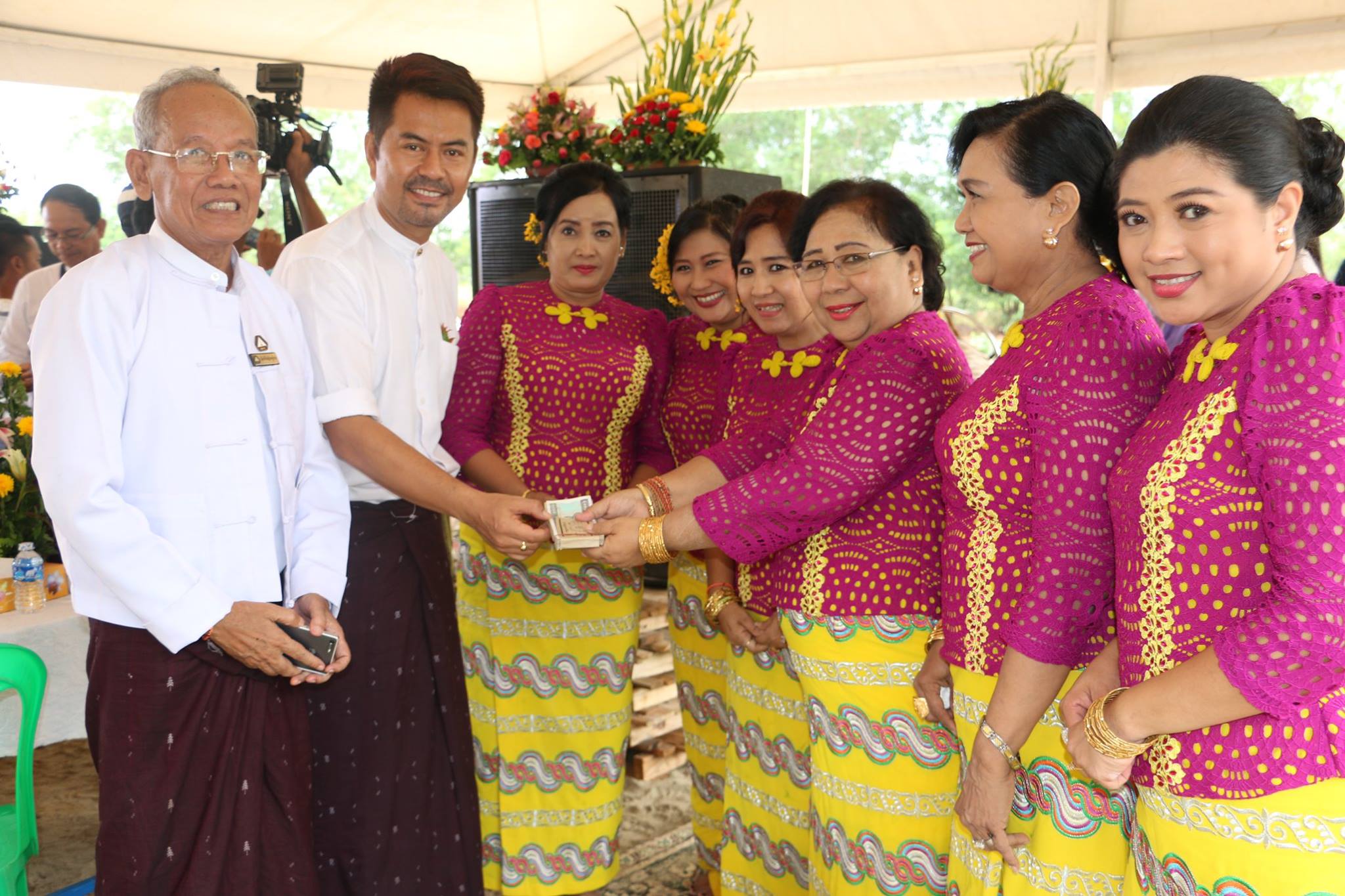Veteran actor and scriptwriter Aye Kyu Lay is vice-president of the Myanmar Motion Picture Organisation, a non-profit organisation that supports Burma’s film industry. In this interview with DVB, he discusses piracy, censorship, the decline of cinemas, and other issues affecting an industry that is just beginning to come to terms with Burma’s greater openness in the wake of recent reforms.
Question: The MMPO recently met with officials from the Ministry of Information. Can you tell us what issues were raised in the meeting?
Answer: We discussed various issues, including the progress of ongoing projects such as the arts centre that the previous government started but never actually followed up on — we don’t know its current status at the moment. We spoke to the minister about how the incumbent government can implement such projects.
Another issue we talked about was the nationalisation of private cinemas. The government in the past nationalised the cinemas and later redistributed them to private contractors, some of whom are using the venues for different business purposes. We urged the ministry to review this.
We also talked about piracy. Nowadays it’s very common for a movie to be leaked way ahead of its release date. This situation is gradually getting worse and can only be dealt with when there is rule of law. The MMPA has been working with government officials to crack down on pirates and has held ceremonies where the confiscated pirated materials were destroyed, but it is hard to stop it completely. It needs everyone’s effort — movie fans, for example, should stop buying pirated material. We also stressed that legal punishments for piracy and buying pirated material are too weak, so people aren’t afraid to violate the regulations.
Q: What was the ministry’s response?
A: They suggested we should all brainstorm and work on these issues together. They also said the minister just took office and is still in the process of learning how things work.
Q: Was there any discussion of developments related to the Motion Picture Law?
A: We also raised that issue. The law has been in the works since the previous government’s term. Being entertainers, we didn’t know much about the law, so we just suggested in the draft law what we thought was fitting, but then our legal advisors would suggest certain amendments made here and there, and so it’s been going back and forth between us and them and could take more time before it’s ready to be submitted to parliament.
Q: What do you think is necessary to improve Burma’s film industry?
A: The most important things is cinemas. We used to have plenty of cinemas – over 200 around the country. Now that number is down to just 30 or 40, mainly due to poor profits. As a result, we have a shortage of cinemas, especially now that producers are making more films, which is due to the fact that it is now more convenient and cheaper to make movies with digital technology, unlike in the past when we had to use actual film.
[related]
Q: Do you have any comment regarding censorship in the light of recent controversies surrounding certain movies?
A: Movies these days are pretty much free from censorship, apart from a few cases. Five of the 15 members of the [censorship board] are from the Motion Pictures Association, and according to them, there were a couple of films that the board rejected as inappropriate, such as one the dealt with — excuse my language — male prostitutes.
Now that censorship has been relaxed, we are seeing two types of film producers: ones with discipline, and others who decide to break all the boundaries, who have been criticised for leaning towards pornography. Some producers put too much emphasis on freedom, but not enough on creativity.



